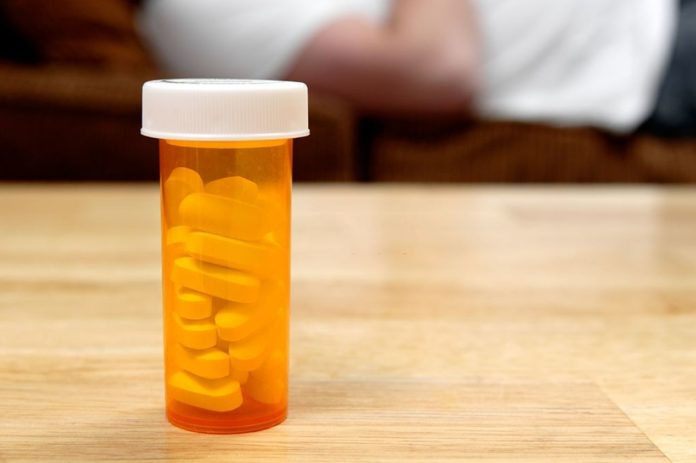A national study carried out by Michigan Medicine researchers revealed that nearly 3% of insured U.S. adults under 65 take medications that weaken their immune systems.
The study, published in JAMA Network Open, are based on data from over 3 million patients with private insurance. They focus on patients’ use of immunosuppressive drugs, including chemotherapy medications and steroids such as prednisone.
The analysis reveals nearly 90,000 people met the study criteria for drug-induced immunosuppression that may elevate risk for severe COVID-19 symptoms and hospitalization if they became infected. Two-thirds of them took an oral steroid at least once, and more than 40% of patients took steroids for more than 30 days in a year.
“This study gives us previously unavailable information about how many Americans are taking immunosuppressive medications,” says Beth Wallace, M.D., M.Sc., a rheumatologist at Michigan Medicine and lead author of the paper.
“It also reinforces that many Americans continue to take oral steroids, which are associated with serious side effects and can often be avoided or substituted with alternative medications.”
When the team of researchers examined the data, a vaccine against COVID-19 was not yet available outside clinical trials. The evidence is growing, however, that taking immunosuppressive drugs may reduce the efficacy of the shot, Wallace says.
“We’re starting to realize that people taking immunosuppressive drugs may have a slower, weaker response to COVID vaccination, and, in some cases, might not respond at all,” she says. “We don’t have a full picture on how these drugs affect the vaccine’s effectiveness, so it’s difficult to formulate guidelines around vaccinating these patients.”
Wallace mentions several strategies, including holding medications around the time of vaccination and giving an extra “booster” shot, that scientists are testing to look into this question.
Wallace also expresses concern over how this group of immunosuppressed patients should proceed following the CDC’s relaxation of masking and distancing guidelines for vaccinated people.
“The CDC acknowledges this cohort might not be as protected as other fully vaccinated people, but there are no set recommendations for what precautions they should take,” she says. “For now, this is going to be an individual decision people make with their doctor.”
Moving forward, Wallace says, researchers need prospectively look at vaccine response in this vulnerable population.
“Until we know more about this, we really won’t be able to say if immunosuppressed people are actually protected,” she says.
Source: Healh Lab
Study: JAMA Network Open. DOI: 10.1001/jamanetworkopen.2021.4920
Image Credit: Getty
You were reading: Around 3% of Americans Regularly Take Immune-Weakening Drugs that May Block COVID Vaccine Response
